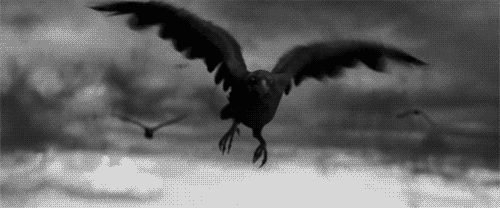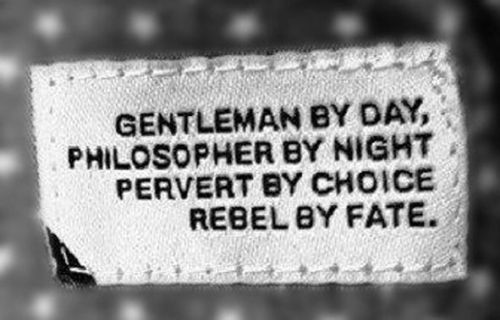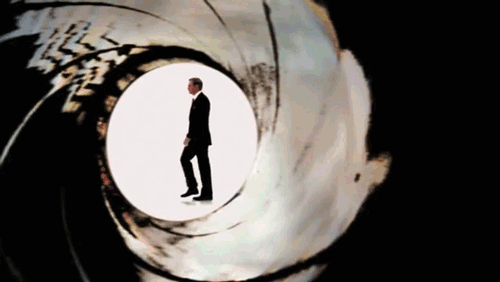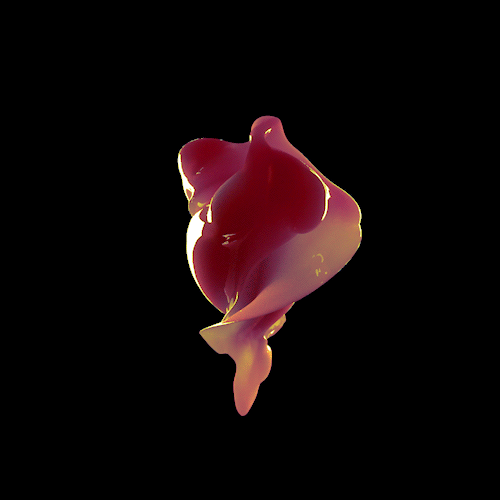
Freaks is a 1932 United States horror film about sideshow performers, directed and produced by Tod Browning and released by Metro-Goldwyn-Mayer, with a cast mostly composed of actual carnival performers. The film was based on Tod Robbins' short story "Spurs". Director Browning took the exceptional step of casting real people with deformities as the eponymous sideshow "freaks," rather than using costumes and makeup.
Browning had been a member of a traveling circus in his early years, and much of the film was drawn from his personal experiences. In the film, the physically deformed "freaks" are inherently trusting and honorable people, while the real monsters are two of the "normal" members of the circus who conspire to murder one of the performers to obtain his large inheritance.
Despite the extensive cuts, the film was still negatively received by audiences, and remained an object of extreme controversy. Today, the parts that were removed from it are considered lost. Browning, famed at the time for his collaborations with Lon Chaney and for directing Bela Lugosi in Dracula (1931) had trouble finding work afterward, and this in effect brought his career to an early close. Because its deformed cast was shocking to moviegoers of the time, the film was banned in the United Kingdom for 30 years. Beginning in the early 1960s, Freaks was rediscovered as a counterculture cult film; throughout the 1970s and 1980s, the film was regularly shown at midnight movie screenings at several movie theaters in the United States. In 1994, Freaks was selected for preservation in the United States National Film Registry as being "culturally, historically, or aesthetically significant". It was ranked 15th on Bravo TV's list of the 100 Scariest Movie Moments.
Among the characters featured as "freaks" were Peter Robinson ("the human skeleton"); Olga Roderick ("the bearded lady"); Frances O'Connor and Martha Morris ("armless wonders"); and the conjoined twins Daisy and Violet Hilton. Among the microcephalics who appear in the film (and are referred to as "pinheads") were Zip and Pip (Elvira and Jenny Lee Snow) and Schlitzie, a male named Simon Metz who wore a dress mainly due to incontinence. Also featured were the intersexual Josephine Joseph, with her left/right divided gender; Johnny Eck, the legless man; the completely limbless Prince Randian (also known as The Human Torso, and mis-credited as "Rardion"); Elizabeth Green the Stork Woman; and Koo-Koo the Bird Girl, who suffered from Virchow-Seckel syndrome or bird-headed dwarfism, and is most remembered for the scene where she dances on the table).
MGM had purchased the rights to Robbins' short story Spurs in the 1920s at Browning's urging. In June 1932, MGM production supervisor Irving Thalberg offered Browning the opportunity to direct Arsène Lupin with John Barrymore. Browning declined, preferring to develop Freaks, a project he had started as early as 1927. Screenwriters Willis Goldbeck and Elliott Clawson were assigned to the project at Browning's request. Leon Gordon, Edgar Allan Woolf, Al Boasberg and an uncredited Charles MacArthur would also contribute to the script. The script was shaped over five months. Little of the original story was retained beyond the marriage between midget and an averagely sized person and the wedding feast. Myrna Loy was initially slated to star as Cleopatra, with Jean Harlow as Venus. Ultimately Thalberg decided not to cast any major stars in the picture.
Freaks began filming in October 1931 and was completed in December. Following disastrous test screenings in January 1932 (one woman threatened to sue MGM, claiming the film had caused her to suffer a miscarriage), the studio cut the picture down from its original 90-minute running time to just over an hour. Much of the sequence of the freaks attacking Cleopatra as she lay under a tree was removed, as well as a gruesome sequence showing Hercules being castrated, a number of comedy sequences, and most of the film's original epilogue. A new prologue featuring a carnival barker was added, as was the new epilogue featuring the reconciliation of the tiny lovers. This shortened version - now only 64 minutes long - had its premiere at the Fox Criterion in Los Angeles on February 20, 1932.
Owing to its cult status in the late-20th century, Freaks has been referenced explicitly in popular culture expressions from 1970s onward, from songs by other self-proclaimed "freaks", such as the Ramones ("Pinhead" "Gabba, gabba, we accept you, one of us."), David Bowie ("Diamond Dogs"), and Devo ("Jocko Homo"), to "cult" comic strips like Zippy the Pinhead (a reference to the aforementioned microcephalic), and episodes of many TV series, including South Park. The chant of "One of us!" is commonly used as a reference to the film.























No comments:
Post a Comment